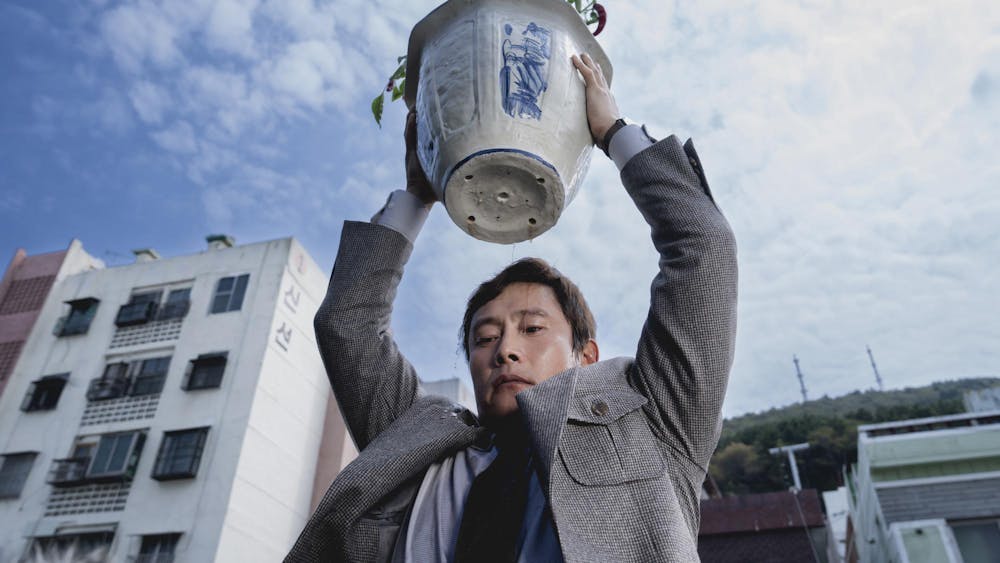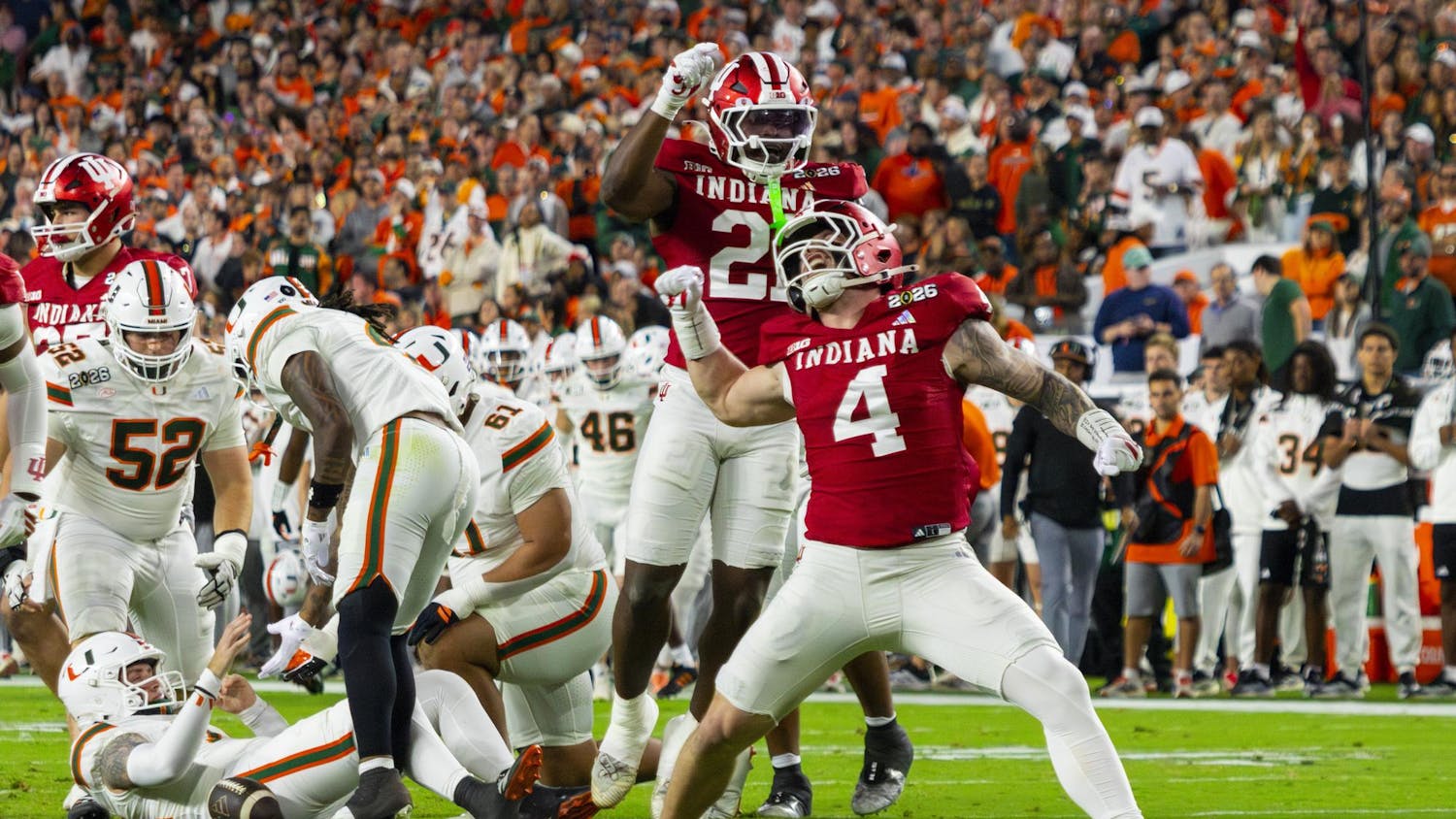In the horror film genre, there are many complaints I can make about the stereotypes used: killing people of color early, the lone virginal survivor, every character’s undying interest to check the strange noise coming from the basement/woods/under the bed.
But I’m sick to death of the blood-and-guts industry using rape for fear mongering.
I made a challenge to watch 31 horror films in 31 days last October — I know, I had a lot of time on my hands. You could say I’m an expert on this topic of discourse.
I decided to try this challenge again this year with a new playlist of movies to watch and settled down Tuesday night to watch a classic, “The Evil Dead.”
Between the bad acting and tremendous amount of fake blood, there is a scene in which trees sexually assault a female character.
A woman, searching for a perpetrator she swears she saw looking through her window, enters the woods. Minutes later, her clothes are torn off and she’s pinned by twigs in the forest. Branches assault her in a such a sexual manner that there’s no possible way of mistaking this scene for what it truly is — pseudo rape via possessed trees.
I like to brag that I have a strong stomach for films like “Saw” and “Human Centipede,” but this scene made me squirm.
It’s quite possible that as a woman, I’m able to put myself in situations of assault more easily than I can imagine I’ll become victim to a Chucky doll or “The Purge.”
But these scenes touch on more than just the fear of being assaulted.
The purpose of horror is exploitation of irrational fears like spiritual beings, clowns, serial killers or premature death, just to name a few.
But rape for women is an everyday horror. According to the Rape, Abuse and Incest National Network, 1 in 6 women in the United States will experience sexual assault. How many of us will experience a poltergeist?
And the 1981 classic “The Evil Dead” isn’t the first or the last horror flick to abuse rape as a plot point.
“Splice,” “Incubus,” “Straw Dogs,” “The Hills Have Eyes,” Rob Zombie’s “The Devil’s Rejects” and the director’s cut of his “Halloween” remake all contain brutal scenes of sexual assault.
And if you think it’s just gory horror films you’d never watch, the trope entered television a while ago. All four seasons of “American Horror Story,” which has a TV-MA rating, include some type of sexual violence against women.
There’s even a sub-category of rape-revenge in the gore genre. “Last House on the Left,” “I Spit on Your Grave,” “Girls Against Boys,” “American Mary,” and “Jennifer’s Body” involve vengeance-ridden plots against a victim’s attacker.
While I’m all for cruel people getting what’s coming to them as film narratives, using rape as a defining characteristic for female characters is pretty messed up.
During the summer, I wrote a column about why movies and pieces of media can’t claim to be feminist.
I’m not asking whether or not your favorite slasher movies are woman-friendly or pass the Bechdel test. But the use of this trope could pose dangers for those who watch these movies.
Sexual assault, even if demonic branches commit it, draws on vivid and brutal imagery in horror films.
A scene of assault in any movie can trigger survivors, but there’s something insidious about depicting desensitized rape for the purpose of instigating fear.
If you feel these scenes are something to avoid, I don’t blame you. I’m fed up with it myself.
Horror fans shouldn’t be subject to sexual violence if they don’t want to be, and there are plenty of supporters on the web who’ve listed scary movies without the shock value of rape.
Sometimes, we don’t need to be reminded of the horrific experience women are subject to every day.
maehogan@indiana.edu
@madisonhogan





